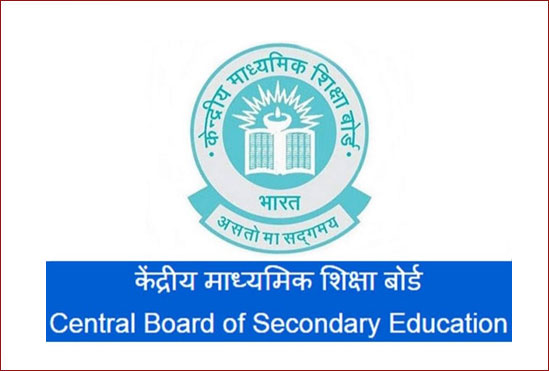What is CBSE License?
The Central Board of Secondary Education (CBSE) is a national level board of education in India for public and private schools, controlled and managed by the Union Government of India. There are approximately 21,271 schools in India and 220 schools in 28 foreign countries affiliated with the CBSE. From 309 schools in the year 1962, as of the year 2019, CBSE has 21,271 schools and 228 schools in 25 foreign countries. All schools affiliated with CBSE follow the NCERT curriculum.
The Central Board of Secondary Education (CBSE) is the most popular, well-established, and one of the oldest boards in the Indian education system. CBSE is a self-financing body and if any school wishing to get affiliated to the board has a set of norms that needs to be followed.
If it is a newly established or already an existing school, CBSE has set certain norms that need to be followed by the schools that apply for the affiliation. Establishing a CBSE school from the very beginning guarantees quality education and full support of the CBSE Board.
Why this License is Required?
Central Board of Secondary Education (CBSE) is one of the oldest and most popular examination boards of India. It supports various schools in imparting knowledge and maintaining uniform standards.
Check out the CBSI Video
Who can get CBSI License?
School
Private School
Document Required for CBSE License
No Objection Certificate. Formal prior Recognition letter issued by the education department of the state or the union territory. Copy of Registration letter of the Trust/Society Section 8 Company. Land Certificate from the concerned authority
- Affidavits related to Non-Proprietary Character of society from First Class Magistrate.
- Affidavits related to No relation amongst the School Managing Committee members
- Affidavit That without Affiliation school will not start class 9th/11th
- Affidavit That society/school is not part of any franchise arrangement
- Infrastructure detail photographs
- Fire safety certificate
- Health & Sanitation certificate
- Safe drinking water certificate
- Building Safety Certificate.
- Staff EPF deduction certificate Latest EPF challan in the name of the school
- Reserve funds proof (Only in case of up gradation).
- Balance sheet/Financial status certified by CA for last 3 years
- Salary paid through ECS/Cheque (Certificate issued by the associated bank)
Role of Shamkris and Process of CBSE License
Shamkris adopts a results-oriented approach to compliance with mandatory licence requirements in the organization. A simple and guidance methodology help organisation to achieve licence in a timely manner and cost-effective. Shamkris support 100% in advisory, Guidance, Compliance with respect to license requirements to obtain approval.
The License process described below:
- Advisory for the document required
- Preparation of documents as per application & list of documents.
- Application File
- Inspection by the department if required
- Liason department
- License issued
- Yearly Compliance if Applicable
- Renewal when due
Who can issue the CBSE License?
FAQ
Central Board of Secondary Education. The Central Board of Secondary Education (CBSE) is a national level board of education in India for public and private schools, controlled and managed by Union Government of India.
CBSE stands for Central Board for Secondary Education. It is the national board of our country. The educational material and teaching methodology is conducive to the national interests of the country. All the major nationalized competitive exams like JEE are conducted by CBSE.
In empirical terms, it may be regarded as the sum total of a planned set of educational experiences provided to a learner by a school. It encompasses general objectives of learning, courses of study, subject-wise instructional objectives and content, pedagogical practices and assessment guidelines.

